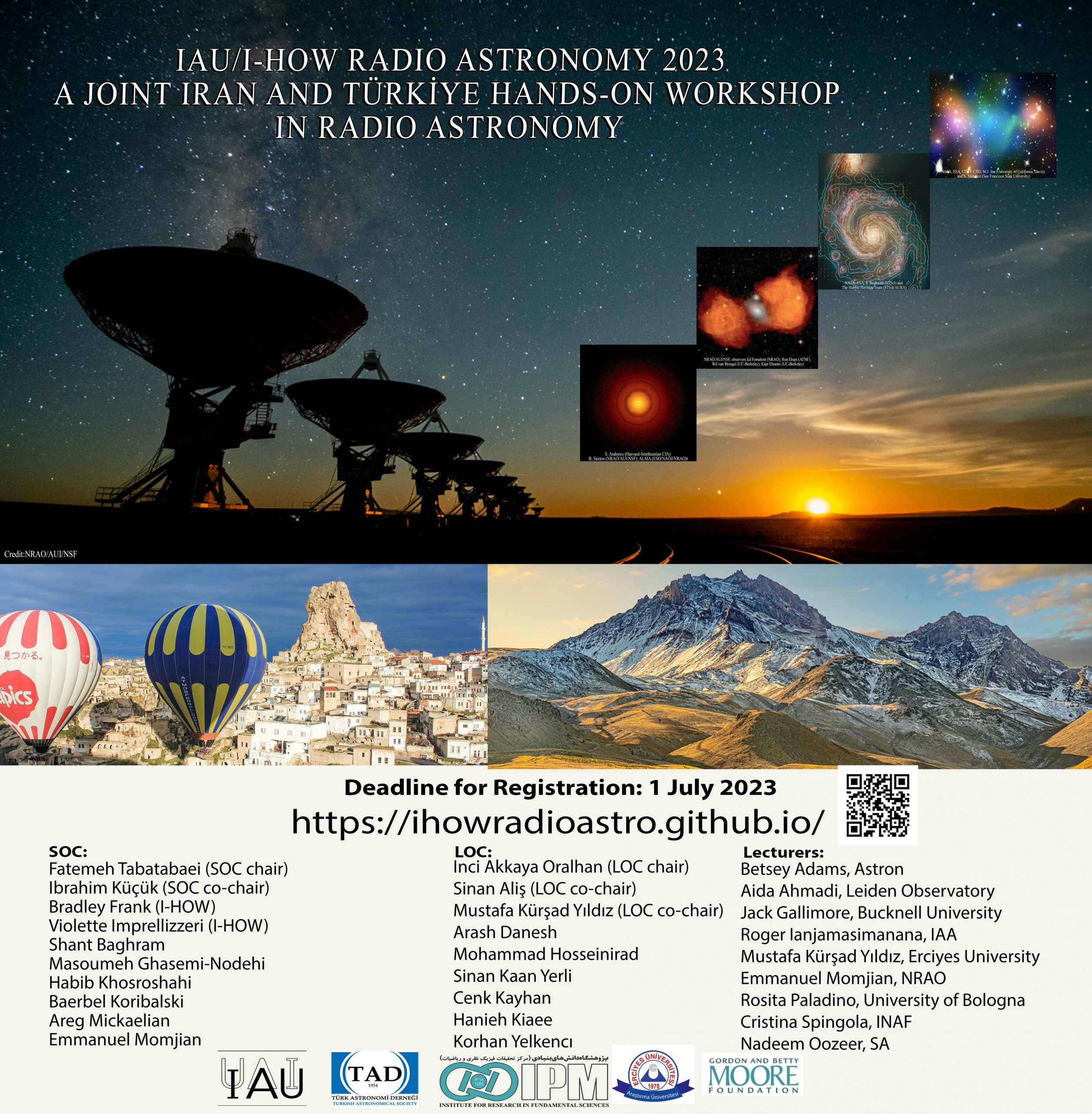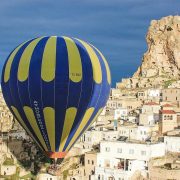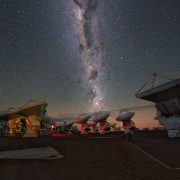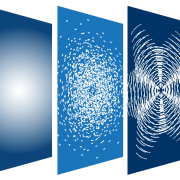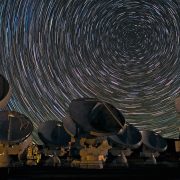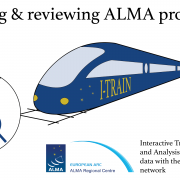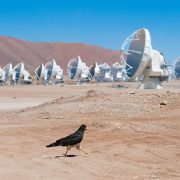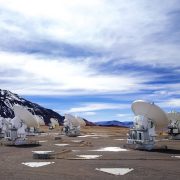The Allegro ALMA Regional Centre node is organising a proposal preparation workshop on Thursday the 20th of April 2023 in advance of the upcoming ALMA proposal deadline (expected to be the 10th of May 2023). We would like to invite you to attend online or in person at Leiden Observatory.
The workshop will have two sessions:
- Morning (10:00 – 12:00): Introduction to writing and preparing ALMA proposals.
- Afternoon (13:00 – 14:00): Summary of new features and changes in Cycle 10.
The morning session will introduce attendees to writing and preparing ALMA proposals. The topics covered will include the dual anonymous review process, distributed peer review, accessing the ALMA archive and using the ALMA Observing Tool (OT) to prepare your observing programme. No prior ALMA experience is necessary for attendance.
The afternoon session will cover the differences between Cycle 10 and Cycle 9. In particular, we will highlight the new capabilities of ALMA in this cycle, including the new ALMA Band 1 and the new availability of joint proposals with JWST, the VLA and the VLT. The afternoon session is designed for returning ALMA users and is also suitable for attendees of the morning session.
Both sessions will have time for your questions, and tea, coffee and biscuits will be provided for in person attendees. You can register to attend online or in person for one or both of the sessions before Thursday, April 13, 2023 using our registration form. For more information about the expected dates and what will be on offer in Cycle 10, please see the ALMA Cycle 10 Pre-announcement.
In addition to this proposal preparation day, you can request a meeting with the Allegro staff (e-mail us) to discuss your proposal or come to our drop-in sessions (April 24, May 1, and May 8 at HL-1122 from 14:00-16:00).
| Program |
April 20, 2023 (Tentative) |
| 10:00-12:00 |
Introduction to Proposal Preparation (slides) (GOB/EM1.09) |
Allegro Team |
| 12:00-13:00 |
Lunch |
| 13:00-14:00 |
ALMA’s New Capabilities in Cycle 10 (slides) (GOB/EM1.09) |
Allegro Team |
Directions to Leiden Observatory
The address of Leiden Observatory is Niels Bohrweg 2, 2333 CA Leiden. Note that this is not the old observatory in the center of Leiden. Instructions on how to get to Leiden Observatory, including transportation from Schiphol Airport or the central trains station, can be found here. Leiden Observatory is located on the 4-5th floors of the Oort building (seen on the right in the photo below), and the Huygens building (the taller building seen on the left in the photo below). Allegro offices are located on the 11th floor of the Huygens building.
The workshop will take place in room EM 1.09 in the New Gorlaeus building. We will have signs and there is also a reception at the entrance of the building where they can provide you with directions.
For those joining us online, connection details will be sent to you by email before the start of the event.
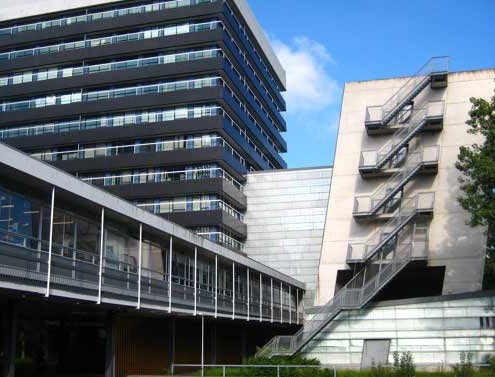
Useful resources:
